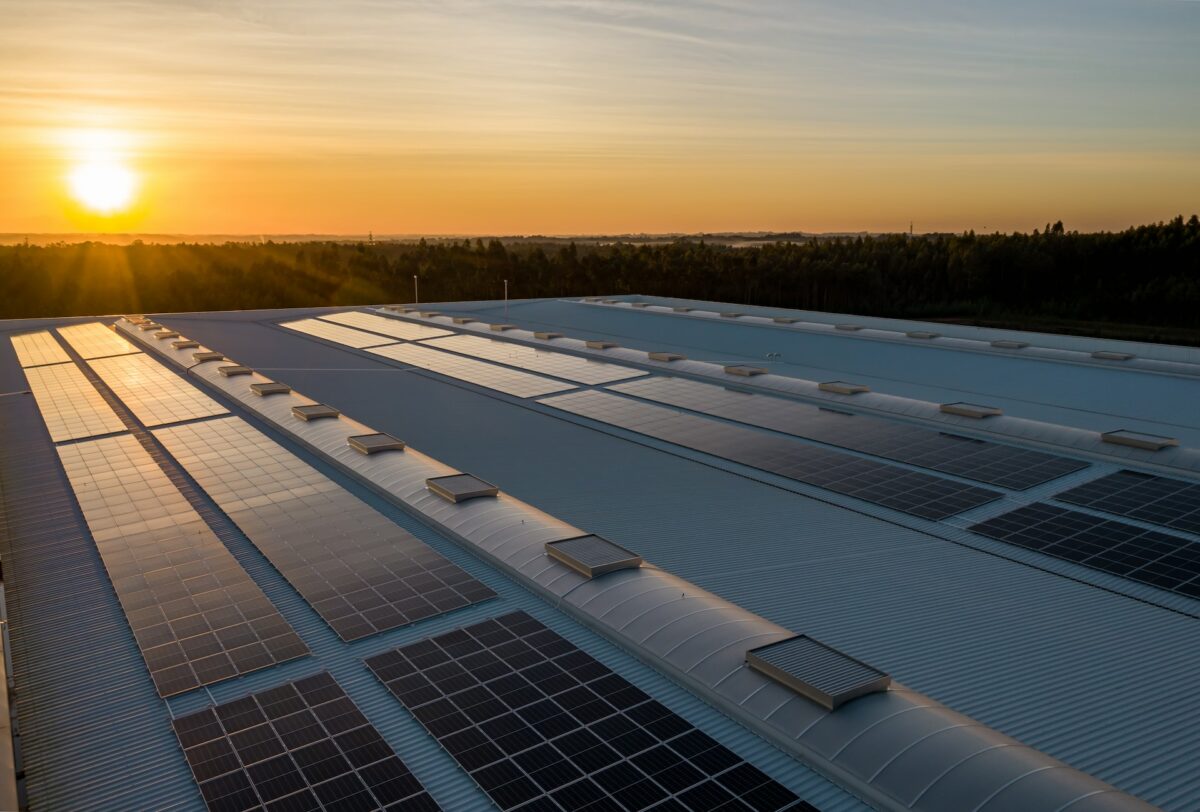GTA Housing Market Fundamentals
By Condos HQ - Dec 22,2022

It’s been an extremely eventful few years in the real estate world and things don’t seem like they will get boring any time soon. After a big wave of uncertainty and fears of an outright housing crash in the early days of the Covid-19 pandemic the cost of real estate actually skyrocketed. But what goes up must come down and prices have returned closer to earth over the last eight months of 2022. While this slight downturn in prices is unwelcome for most of those in the real estate sector, and only slight relief for buyers fraught with uncertainty, it is hardly (as of yet) the ultimate “crash” or bursting of a bubble that many feared and “housing bears” have argued would come to pass for many years now.
Let’s pause and take a look beyond the day to day neuroticism of real estate market headlines and consider what got us here. The basic reality of the Canadian real estate market is that the overall “good times” have lasted for a good while. Of course, these haven’t exactly been “good times” for everyone, especially those without a high income looking to buy a first home, but for those in the real estate industry and just about anyone who owns real estate the comfort of “line goes up” has been ever present.
Housing is expensive throughout the developed world but in the 2000’s the cost of home in Canada completely separate from the median income, much unlike the United States for instance. This is a curious situation but it’s a hard nut to crack for those who say that real estate prices have to crash because they are out of step with incomes. If that were true, why wouldn’t home prices have crashed in the 2000’s when there was a worldwide economic downturn? Or at any other point in the last twenty years?
It’s widely agreed that certain fundamentals keep the Canadian housing market buoyant. Among them are the shrinking size of households, the low supply of housing (which was not always considered a major issue but became common knowledge during the Covid-19 pandemic) and a remarkably high level of immigration that is actually set to rise significantly through until 2025 with the Trudeau Liberals setting a target of half a million new immigrants for that year. A final, subtle yet critical fundamental factor is that Canada is a safe place for asset ownership and trades on this reputation internationally, ensuring confidence in the Canadian economy and making the Canadian housing market a significant target for foreign money.
Beyond the threat of an outright crash, it’s worth remembering that small fluctuations in the value of real estate are normal. In 2014 the Toronto condo market softened but the sky didn’t fall and it’s been all “line goes up” in the housing market until this current moment of uncertainty. Following that small easing of the market, condo building was not deterred and in fact went wild as we see today with all the new developments crowding the Toronto skyline. In general, it’s fairly obvious that fundamental factors rather than ambient pessimism and short downturns are the key to the Toronto housing market.
But make no mistake, there has been an outright downturn this year. Through most of 2022 home prices, new listings and sales have all been dropping progressively. The shortage of homes on the market (or “inventory” in industry-speak) has resulted in a very stale market where there has generally been a moderate drop in prices (down fourteen percent from March’s peak in prices) as the more desperate sellers cash out. It’s perfectly understandable that owners are reluctant to sell in this unpredictable environment. Who wouldn’t want “yesterday’s price” that made so many homeowners feel rich in 2021?
Next year, 2023, is the subject of endless speculation. Ominous newspaper headlines warn of a deep recession that would set Canada apart from other parts of the world. Other commentators on the real estate market have specific fears about underwater homeowners and those who have invested in pre-construction condos. This particular fear is about the ability of those who have bought pre-construction condos and their ability to finance them. In addition there is a large stock of condos set to be delivered in 2023. Overall, the big pessimistic picture is one of reduced demand that causes a general meltdown of home prices.
But over the last month 2022’s slow easing downturn in real estate prices has eased leaving a very ambiguous picture. Some prominent voices have started to draw a line under the current moment of uncertainty by saying that the downturn in prices has largely passed. All in all, there are ongoing worries about the uncertainty of the real estate market but fundamental disagreement about the possibility of a deep recession or outright “crash” of home values. Until there is a clear resolution to this uncertainty (ie. seeing things through most of 2023) the odds are on a slow moving and stagnant market in housing.
While there is some uncertainty about whether this is the right moment to buy a new pre-construction condo, there are likely deals to be taken advantage of. Just like homeowners, condo developers want “yesterday’s price” but cannot get it in the current context. Therefore odds are good that there are deals to be had in the new pre-construction condo market. As an additional consideration, there’s probably hardly been a better time to buy a new pre-construction condo through an assignment sale, a “flipped” pre-construction condo in other words.
One outright bright spot in all this stagnation and uncertainty is the Calgary, Alberta market. Forget about even a moderate downturn in prices there, they have held up outright. Demand and supply conditions are very tight in Calgary. One major key to the Calgary market is that home prices are quite literally “half price” when compared with Toronto and Vancouver. Accordingly, buyers from these other cities feel like they are getting an incredible bargain. The strength of the oil and gas sector in comparison to much of the last ten years can’t hurt either.
In summary, while there is disagreement (and no shortage of theories) about what could go wrong with the housing market in 2023, the fundamentals of the Canadian housing market are strong and buyers should take advantage of unique opportunities and buoyant markets in the current context.
Popular Articles
-

4 Reasons Why M City Condos 3 Is a Great Investment Opportunity
-

Four Reasons Why Prestige Condos Is a Great Place To Invest
-

5 Reasons Why Empire Phoenix Condos is a Must Buy
-

Condos HQ proudly announces the launch of Sugar Wharf Condos in Toronto
-

How To Make Your Condo Kitchen Look Bigger and Better
-

An Investor’s Guide to Buying Pre-Construction Condos in Toronto



























